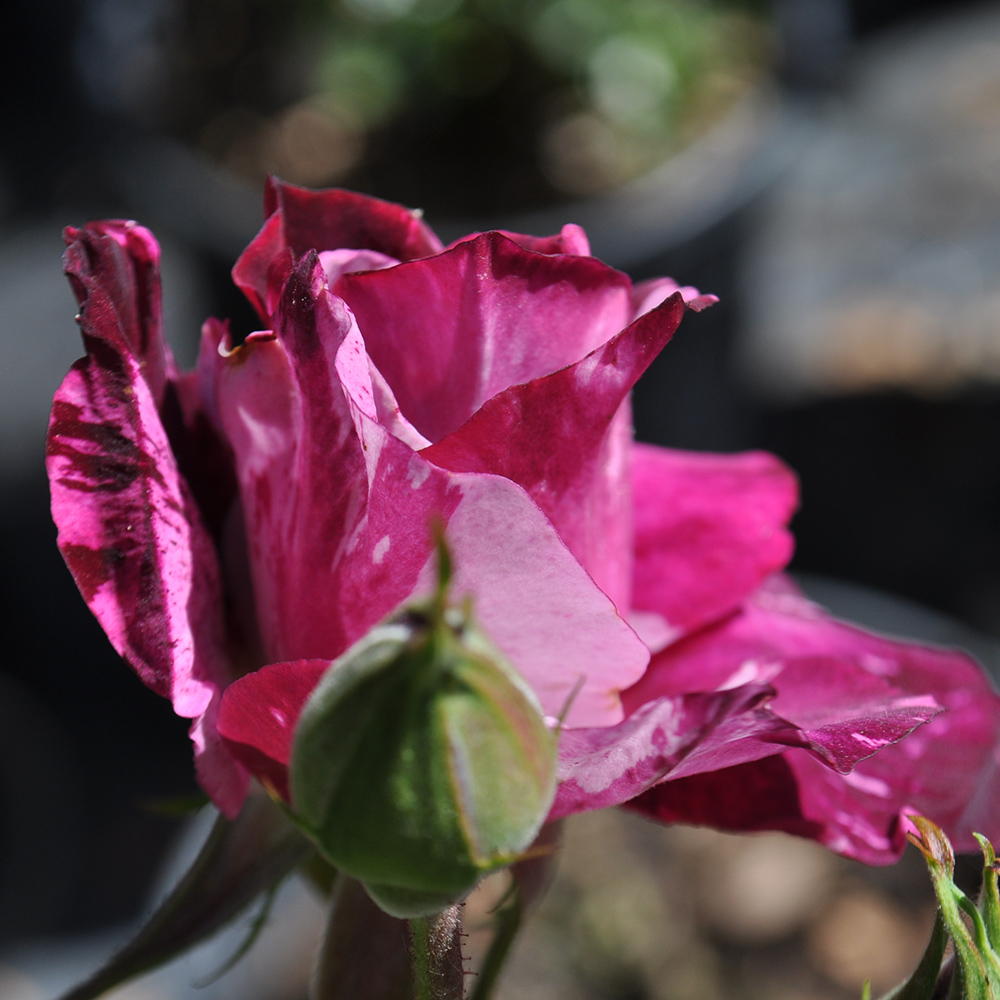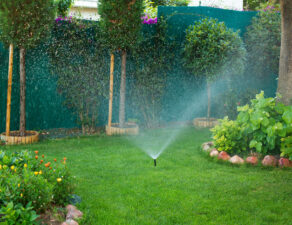
As the warm spring and summer months descend upon us, you may begin to spot snails in your garden. The brown garden snail was originally introduced to California in the 1850s by European settlers who enthusiastically enjoyed escargot. Unfortunately, the snails adapted so well to the climate that they became a common garden pest in the region.
Brown garden snails are nocturnal, feeding mostly at night, and they will eat almost any type of flower or vegetable crop. Since these pests can cause serious damage to vegetable gardens or ornamental flowers, it’s important to learn how to deal with them before they set up camp around your home. You’ll know if you have a snail problem by investigating your garden at night, or by finding masses of eggs buried about 1 to 1.5 inches deep in the soil. Lettuce leaves may appear chewed, flower leaves will be riddled with holes, or fruits may have small bite marks in them.
As with anything else, prevention is often a large part of the cure. Since snails need a hiding place during the day, remove any boards, brush, debris, or anything else that could provide them shelter. On the other hand, another common tactic is to use snails’ nocturnal habits against them. Elevate a large board about four inches off the ground near your garden, and the snails will likely utilize it as a shelter during the day. In the morning you can simply pick up the board, remove all snails, and kill or relocate them.
Obviously, you can kill snails individually as you see them, but this could prove to be a cumbersome task since they mainly come out of hiding at night. Using a poison bait around your garden may be your best bet, as you can place it at your convenience and let the snails feed on it as they please. Another option is to purchase a number of decollate snails, which are larger, predatory snails that feed upon small garden snails. This is the best way to avoid toxins and pursue a more natural, organic method of gardening – but of course it will take a bit more time and patience.
Since these snails are technically living outside of their natural habitat, there is really no ecological benefit to letting them live in your garden. However, gardeners who enjoy escargot have actually been known to scoop them up for dinner, just as their ancestors did.








Write a comment: